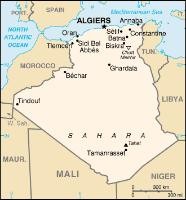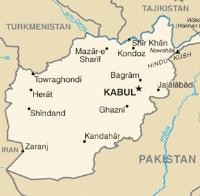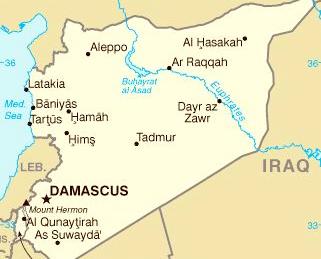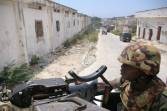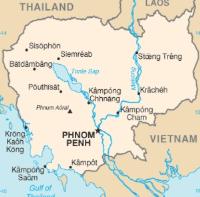
Ten years after al-Qaida declared war against the United States, andseven years after the U.S. followed suit, much of what we know aboutthe group is filtered through the lens of the Global War on Terror, aconcept that hides and distorts as much as it reveals. In reducingal-Qaida to a terrorist organization, we have ignored the broadersocio-cultural movement it represents. The result has been to overlookthe range of its activities on the one hand, while exaggerating itsprospects for success on the other. To formulate a soundstrategic response to al-Qaida, we must first have a clearunderstanding of just what kind of enemy […]

